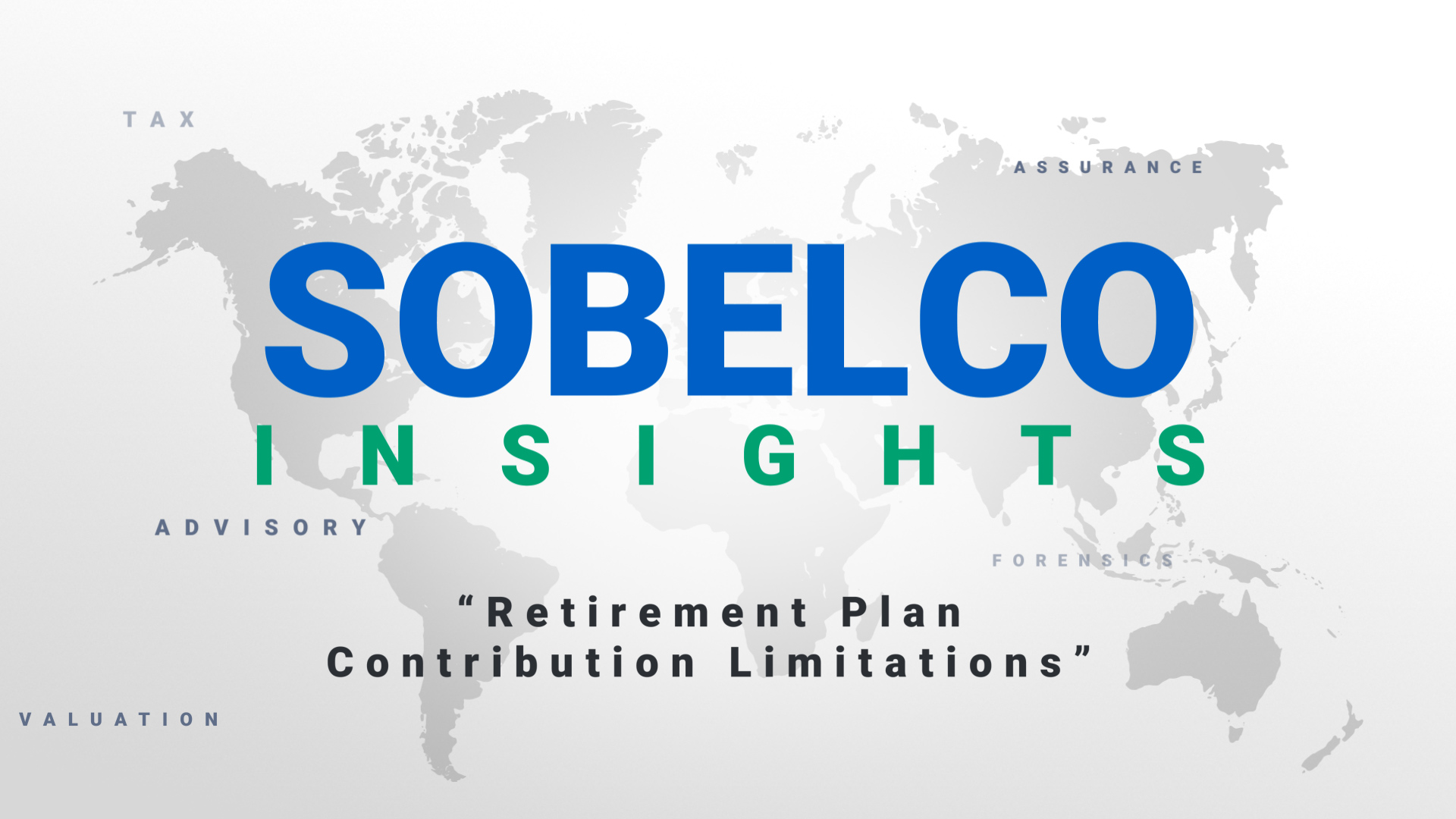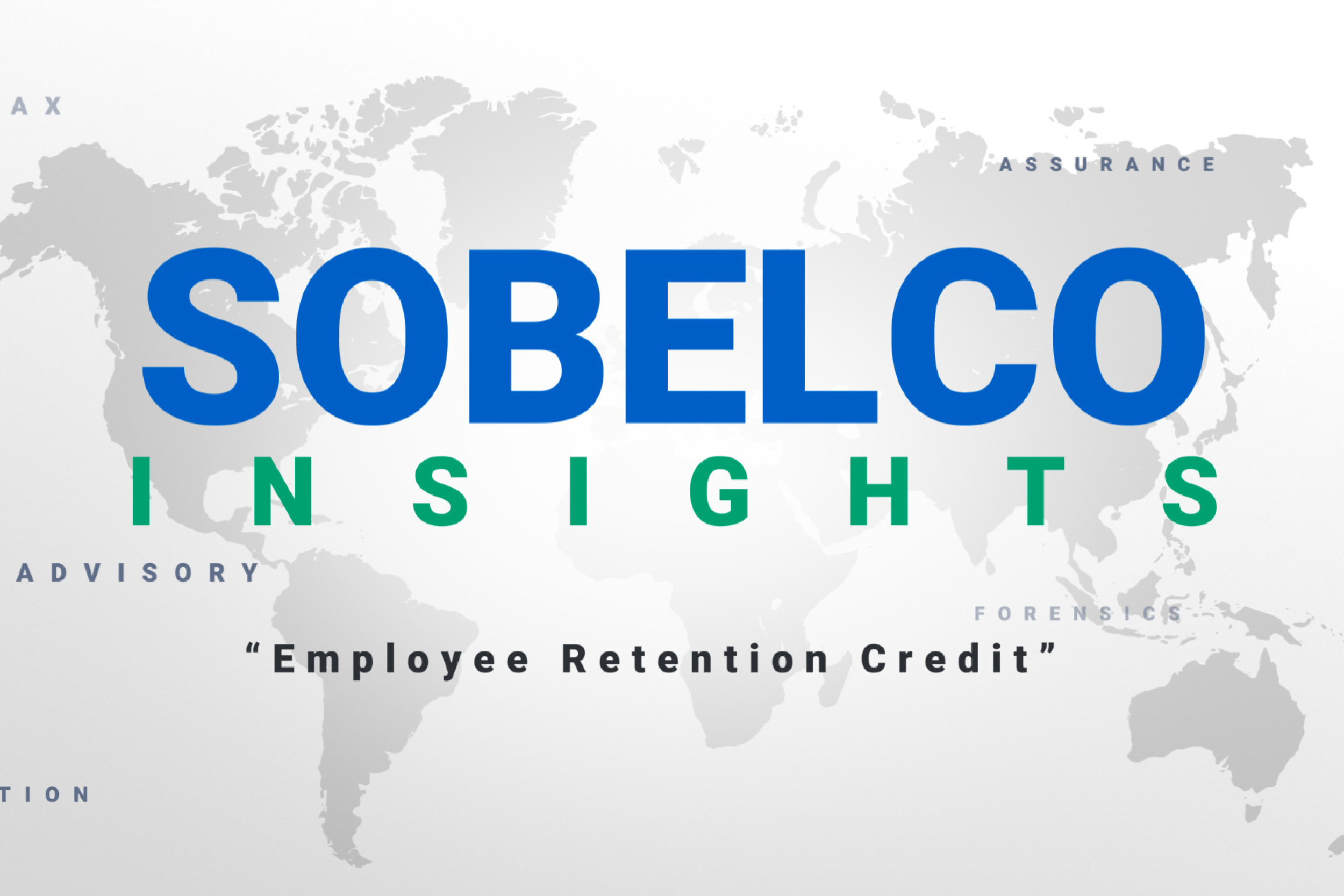
Any conversation regarding happiness is relevant now more than ever as we find ourselves navigating through an unrecognizable world dominated by the corona virus. As we are pondering this whole idea of achieving a state of happiness, and what that even means, this discussion has become absolutely essential. Even the Declaration of Independence promises us certain unalienable rights, including life, liberty, and the pursuit of happiness!
What makes us happy?
This burning question continues to plague us as humans. That’s why the science of happiness has gained so much attention in recent years. Now hundreds of researchers have started to produce reports on happiness around the globe and “positive psychology,” which focuses on what makes individuals and communities thrive, has skyrocketed in popularity.
No matter how many happiness studies have been conducted – what is most significant is that they agree overwhelmingly on this point: there is a direct correlation between family connections and meaningful relationships and happiness. Do you ever wonder what attributes do not consistently have a direct correlation to happiness? Here’s the answer: Research demonstrates time and again that money, material possessions, intelligence, education, age, gender, or even physical attractiveness do not typically contribute to a sustainable state of happiness.
Researchers suggest that about 40% of our happiness is under our own control; the rest is determined by genetics and external factors. That’s really good news! It means there’s a lot we can do to control our attitude, our level of satisfaction and our internal feelings of contentment.
If being happy is under our control almost half of the time, where do we start?
Well we can start with our own behavior and our commitment to connecting with others. If fostering meaningful relationships with family and friends is the key to unlocking the secret of finding happiness, then we need to find ways to unlock our potential for happiness as we build the quality relationships. After all, human beings are an ultra-social species. It’s embedded in our DNA – we truly can’t live our lives happily without interacting with others. People have an innate and very profound desire to form and maintain strong, stable interpersonal relationships.
People regarded for their ability to build connections share common traits.
Here are a few universally accepted tips from excellent relationship builders that work even in a pandemic! They sound easy – but are often extremely hard to put into practice.
1. Accept and celebrate differences
2. Listen effectively
3. Give people your time
4. Develop your communication skills
5. Learn to trust more
6. Develop empathy
7. Be kind and be thoughtful
Ok, ok, you might be saying – “For right now, I get it; I need meaningful human contact to feel good. But I am sheltering in place – or at least being very cautious and selective about interacting with other people right now. So how can I feel happy and less stressed when the very connections I crave most are out of my reach?”
If this is what you are thinking, you are certainly not alone.
Millions of people globally are asking themselves the same question – and are undergoing the same experiences as you. Connecting with people contributes to our feelings of happiness – but right now we are only engaging in limited human contact. So what’s the best advice to offer to people seeking happiness? How can we embrace this notion while living in an isolated environment, working remotely, or only interacting at virtual events? How can we behave in a socially meaningful manner to reach across the space and narrow the gaps that are dividing us all?
Here are some ideas or strategies you may have tried over the last five months, or these may be new concepts for you:
- Stay local in your focus. Meet and reconnect with neighbors and friends close by who are often overlooked!
- Renew existing connections with friends and work colleagues. While it is admittedly very much more complicated to start a new relationship, maintaining an existing relationship is easier in a COVID environment.
- Write a letter. At a time when technology rules, a letter can send an important message of care and concern, distinguish your efforts, and make an impression on an old or newly found friend.
Instead of growing despondent, create a Plan B that focuses on gratitude.
One thing we know for sure is that we should all be grateful for the marvels of modern technology. The evolution of modern communication tools is giving us a chance for being sociable, providing some relief from isolation and the stress it brings.
Even if you are experiencing a little bit of Zoom fatigue, one of the greatest advancements since the pandemic of 1918, is our technology. As such we are all probably more connected to each other than ever before in terms of the sheer quantity of communications we are participating in each day.
Don’t concentrate on how much we all miss each other.
Instead, make it a priority to reach out and reaffirm your greatest relationships. Stay present in the lives of people you care about. Check in, send a text message, or even better yet, make a phone call – and keep the ties that bind us together strong and resilient. Make a list of different people to contact every day – and then make a phone call each morning before you begin your virtual or in-person daily routine. There is no better time than now, in the midst of COVID-19, for us all to realign our thought processes, recognizing that happiness comes from within as we go out of our way to develop deep and profound connections to others – as we strive to nurture an attitude of kindness, thoughtfulness, empathy and generosity.
The data clearly shows beyond any doubt that building relationships of consequence can raise our happiness quotient.
Deep and sincere relationships are the critical glue that holds human society together. Here is a suggestion: Give it a try. In the immortal words of Bobbie McFerrin: Don’t worry. Be happy!


